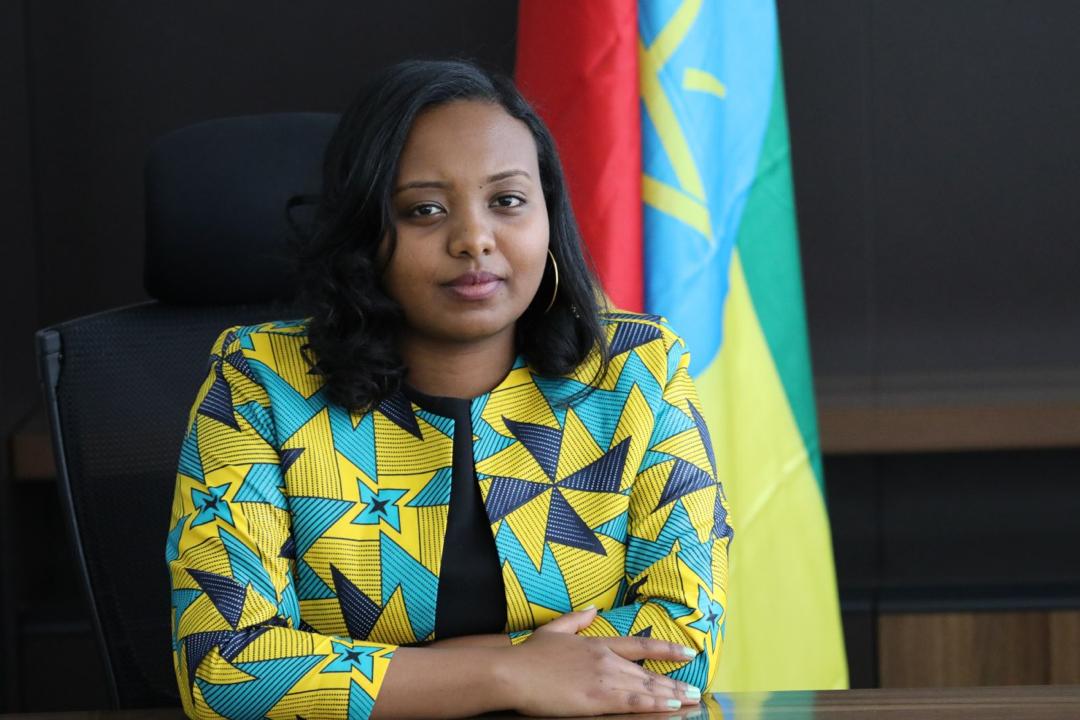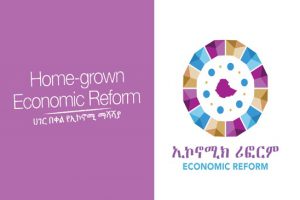
BY MENGISTEAB TESHOME
It is believed that everyone is aware of the world’s racing to draw attention of investors. Ethiopia as a developing nation puts in place incentives to end its flexing muscle to reform the investment law in line with nation’s rule, regulation and home grown economic strategy.
Ethiopia’s investment climate had long been characterized by prohibitive regulations and complex/onerous administrative procedures, many complain.
At this juncture at the end of last week Ethiopian Investment Commission was tasked with organizing a three day consultative platform to address the gaps and create informed business community, and enhance diplomats’ and private sector’s involvement.
Of the participants, Fantu Farris, a Private Sector Specialist, International Finance Cooperation at her deliberation on Ethiopia’s Investment Opportunities and Investment Law Reform to International Development Partners she underlined, over the past fifteen years, Ethiopia’s performance on the Ease of Doing Business has been constantly deteriorating, from ranking among top 100 (96th in2006) down to the bottom 25 percent (159th in 2020).
According to her, on the other hand, many regional and global reformist countries managed to record immense pro-Private Sector Development (PSD) reforms during the same time.
Identified as a property structural reform area under the home-grown economic reform program, the National flagship initiative to improve Ethiopia’s Ease of Doing Business was launched in December 2018 by Prime Minister Dr. Abiy Ahmed.
Envisioned to accelerate the national economic competitiveness and job creation agenda through improving the business climate and making it work for all classes and types
of business – local and FDI has identified over 80 specific and measurable reform actions to be implemented across agencies and over years.
A high-level Doing Business Reform Steering Committee is established and chaired by the Prime Minister, tasked to drive and monitor implementation progress.
Ethiopian Investment Commission (EIC) Commissioner, Lelise Neme for her part said that Ethiopia is keen on working with development partners in more broader and productive fashion than it used to. To this end, the Commission is reforming the investment law that lets the local and foreign investors to get more access to reliable services and more sectors open to private sectors.
According to her, the international Development Partners engagement was great in shaping the new investment law. She stated: “We will keep our collaboration with all pertinent stakeholders and make sure we have a healthy investment climate.”
The Commission also noted that areas of investment reserved for joint investment with government and domestic investors as well as joint investment with domestic investors among each other are well identified in the reform letting them engage in more broader and efficient way than they used to.
Ethiopia Investment Board is working with all pertinent stakeholders to addressee and query at early stages, she noted.
Responding to the outcome the Commissioner noted that EIC continues its Stakeholders’ Engagement Workshop series. EIC also is working in keeping on consulting with Development Partners around the implementation of Investment Law and Doing Business reforms and improving theinvestment climate.
Development Director, Foreign Commonwealth and Development Office (FCDO), Dr. Christian Rogg for his part said that the new investment reform is timely and believes it could help in ensuring nation’s investment efficiency.
Ethiopian Investment Commission Legal Advisor Dr. Tadesse Kassa for his part remarked that the reform is a more progressive one and well developed to facilitate broader engagement of foreign investors and private sectors in a number of sectors that had not been in the list.
He further noted: “The reform is one instrument; we should all try to communicate in more comprehensive fashion to change the preconceived perceptions.” As to him, investment climate issues entry obstacles restrict Ethiopia’s ability to attract/increase investments and sectoral organization reversing long held discernment that Ethiopia is closed for business; to remain competitive in Foreign Direct Investment (FDI) attraction.
According to recent political and economic policy reforms, catching up with changes on departure from practice of state-led economic growth, providing greater space for private sector; clear indicators of shift: privatization program: partial equity sales in 4 strategic sectors (airlines, telecom, power, logistics); and plans to fully privatize several other state enterprises (sugar plants, railways, industrial parks, among others) are taken into consideration.
Policy commitment to public private partnership (PPP) for large infrastructure projects including the recently announced 7 Billion USD worth of infrastructure projects seeking private partnerships; and recent initiative is essential to radically change the Doing Business environment for Ethiopia’s private sector.
The Ethiopian Herald December 11/2020





